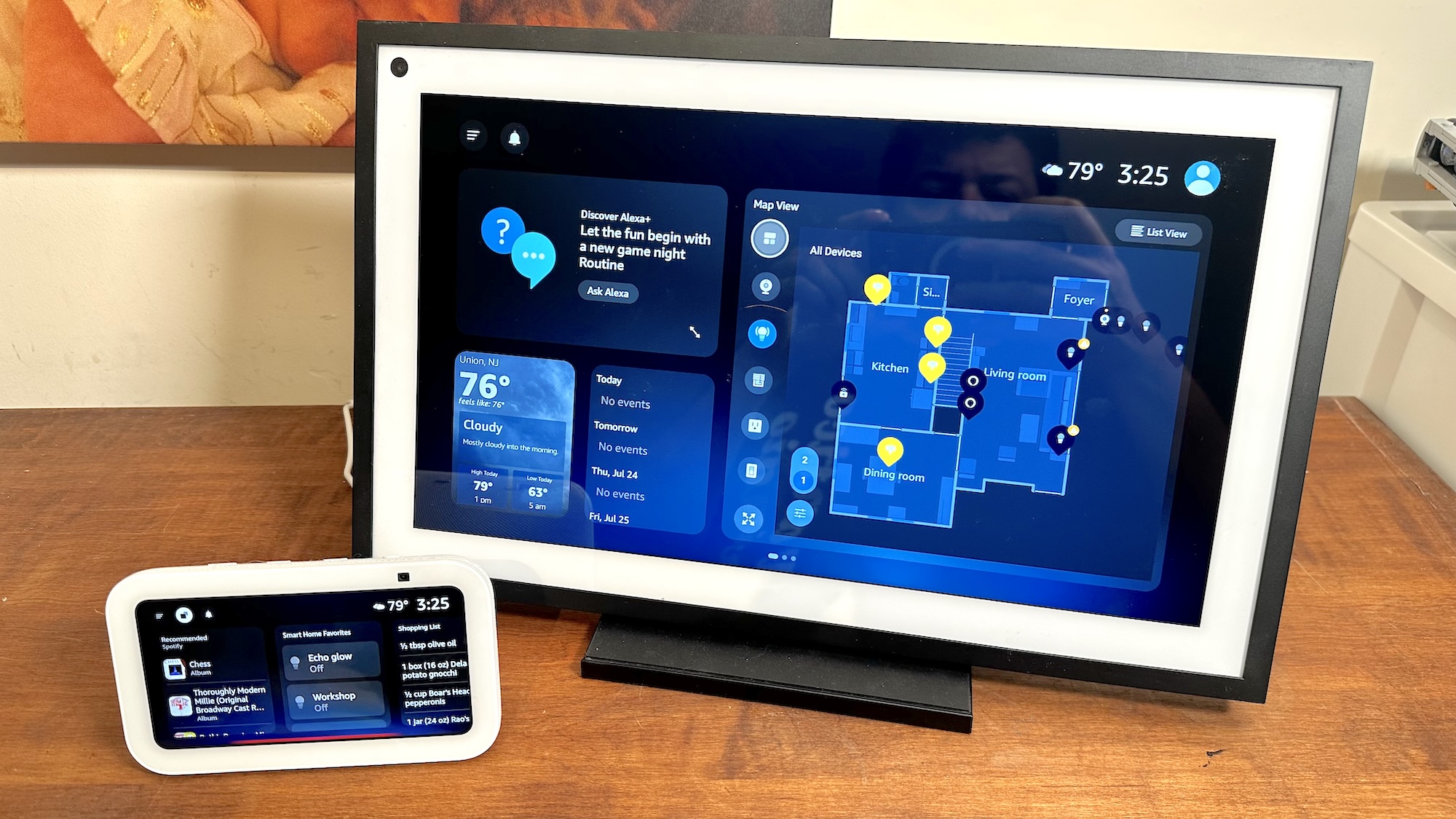Does using a VPN drain your battery?
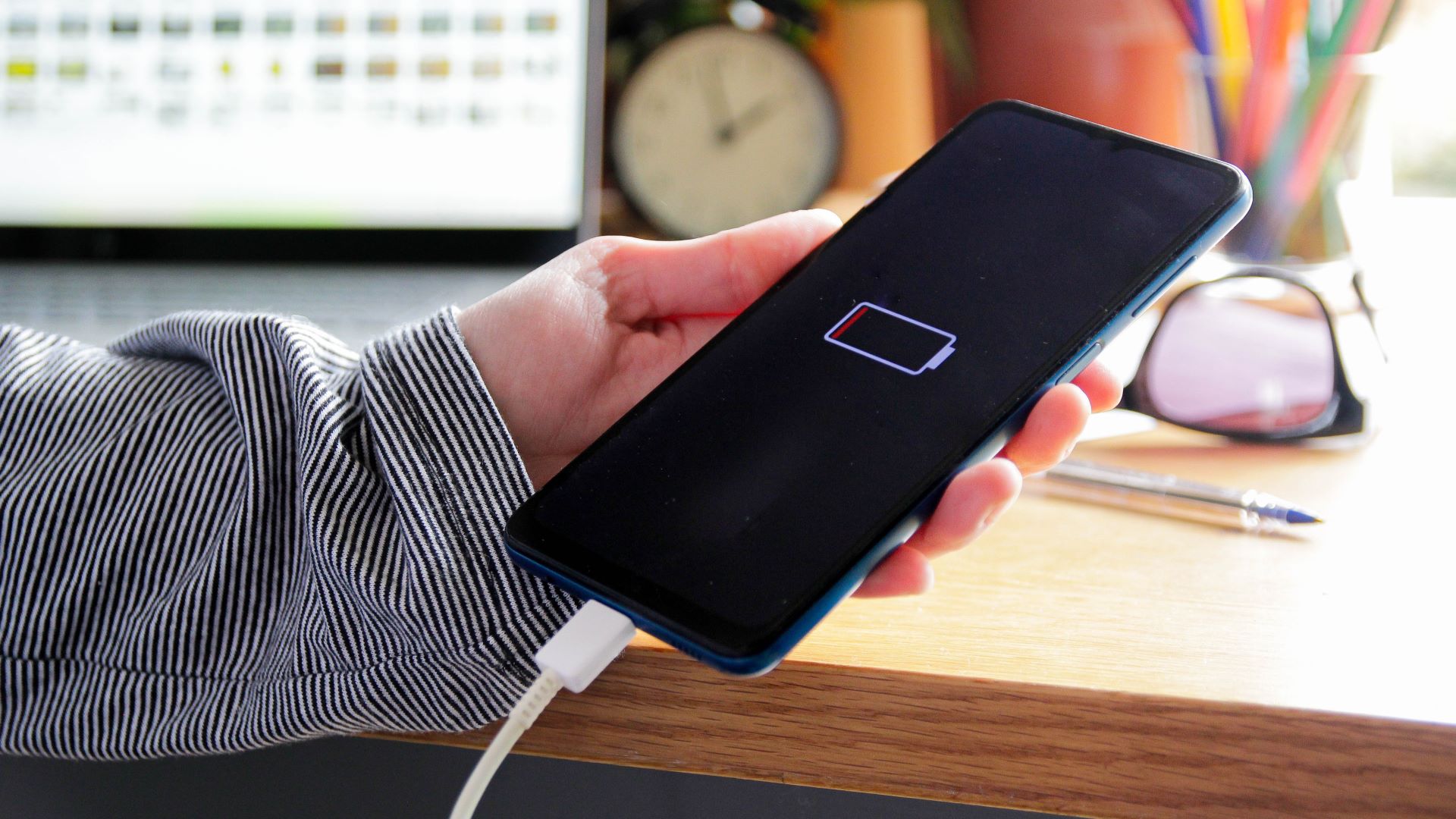
Picture it: you're on your phone, streaming your favorite show from overseas thanks to using one of the best VPNs, when suddenly your screen goes blank; your battery's run out.
This oh-so-frustrating scenario is not unfamiliar - we all know the annoyance of your battery life not being up to snuff, but could your VPN be to blame?
With so much functionality, it’s hardly surprising that many people believe that a VPN will drain your battery life.
In this guide, we’ll look into whether or not a VPN will drain your battery and provide you with plenty of tips and tricks to help you improve your battery life while using a VPN. Let’s get started.
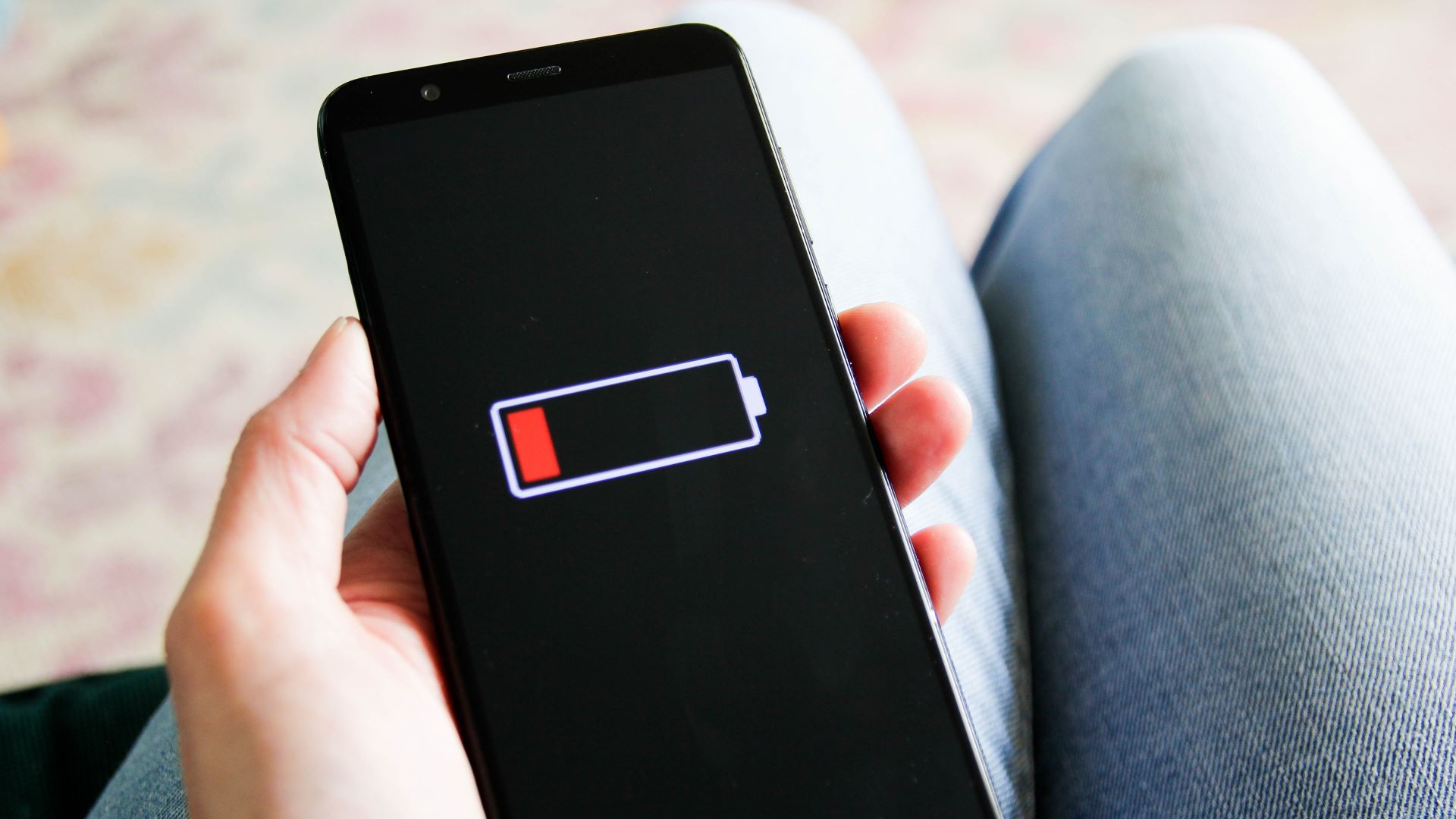
What is a VPN?
Let's start at the beginning, and explain what a VPN actually is.
A virtual private network, or VPN is a security service that encrypts your data and hides your IP address, thereby allowing you privacy and anonymity while you’re online. You can also use a VPN to connect to servers in other locations, which will enable you to access geo-blocked content from other parts of the world. The best streaming VPNs will allow you to access movies, TV shows, and sporting events that aren’t available where you are.
You can install a VPN on most connected devices, including phones, laptops, tablets, smart TVs, and games consoles. Naturally, you’ll want to preserve your battery life as much as possible on your portable devices. So, you may be concerned that using a VPN will drain your battery.
Luckily, most modern VPNs don't tend to use up too much battery. Plus, for the amount of additional security a VPN offers your devices, it’s worth sacrificing the small amount of battery life it will use.
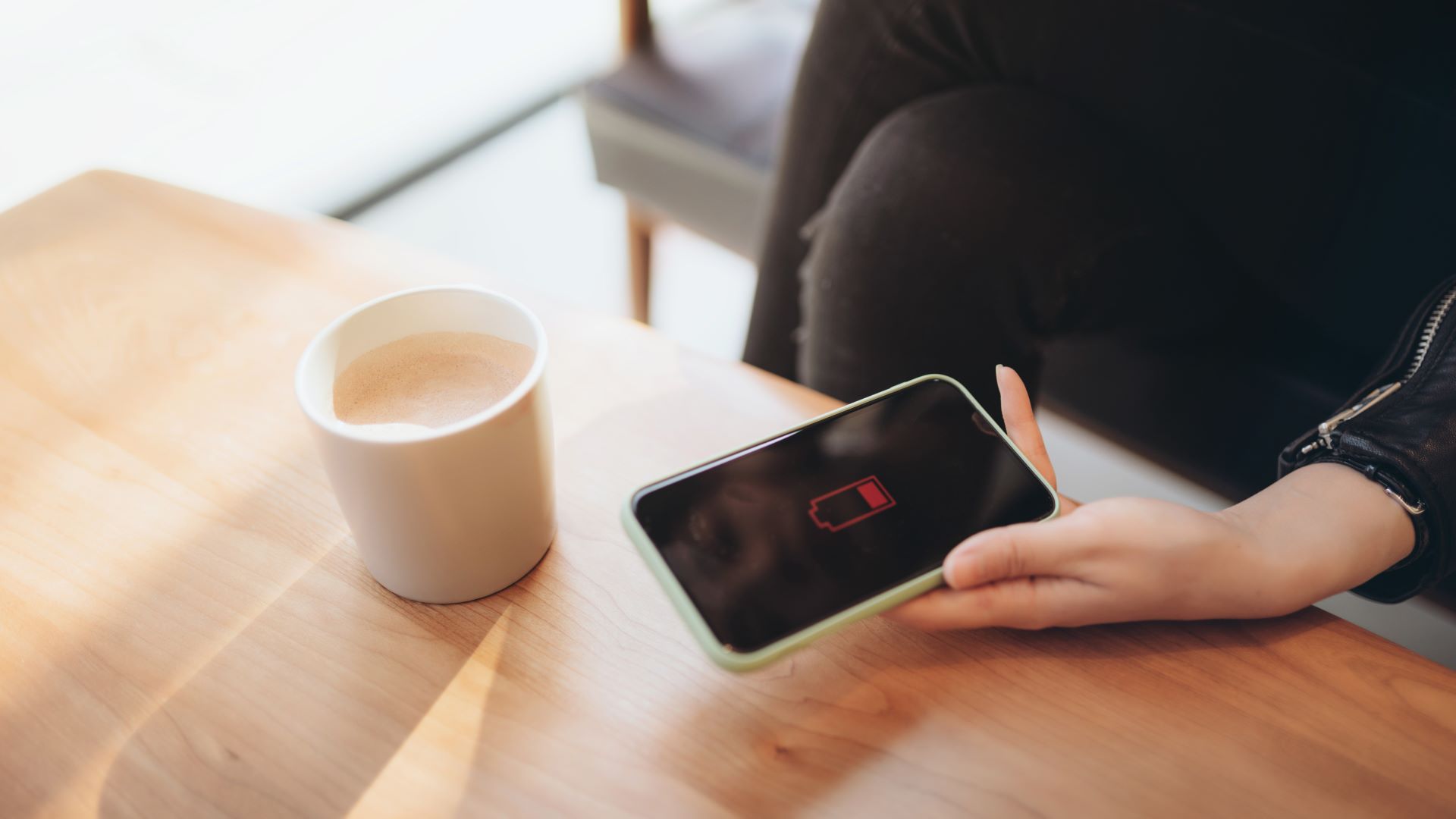
Do VPNs drain your battery life?
Anything you do on your phone, tablet, or laptop, be this messaging, browsing or gaming, will use up some battery and a VPN is no exception. Given that a VPN encrypts your data before it’s sent over a network, it will use more power, therefore using up your battery more quickly than if you weren’t using one.
So, if you’re connected to a VPN, it will use up extra battery whenever you perform any online task, including browsing the internet, online banking, and streaming shows, movies, or music. Additionally, if you’re using one of the most secure VPNs, which have more intensive protocols or added security measures, it’ll use up even more battery.
Having said that, a VPN may not use up as much battery as you might think. In fact, most VPNs are pretty efficient and won’t significantly drain your battery life. This does depend on your device, which VPN you use, and what you’re using it for, however.
The more battery-intensive things you do online, the more battery your VPN will use. So if you're using one of the best gaming VPNs to reduce ping, this will use more power that if you're just using a VPN to read a webpage.
It’s worth noting that the VPNs that will use up the most battery tend to be free VPNs. This is because they often have battery-guzzling display ads, as well as trackers and cookies that collect browsing information in the background to sell to third parties.
Dr. Peter Membrey, Chief Engineering Officer at one of the best VPN services ExpressVPN, explains: "Basically any time you do any sort of work on your phone, that power has to come from somewhere, and unless you're charging, it's going to come from your battery. If you add a VPN on top of sending data over a network, the process of encrypting and decrypting data will necessarily add to the amount of power your phone will consume.
"It's not specifically your VPN that impacts battery life, as anything and everything you do on your phone will also impact it. Even opening a browser will cost you some battery life, so it's reasonable to expect that using a VPN will have some impact too. With modern hardware though, both encryption and decryption have become a lot more efficient, and this really helps extend battery life."
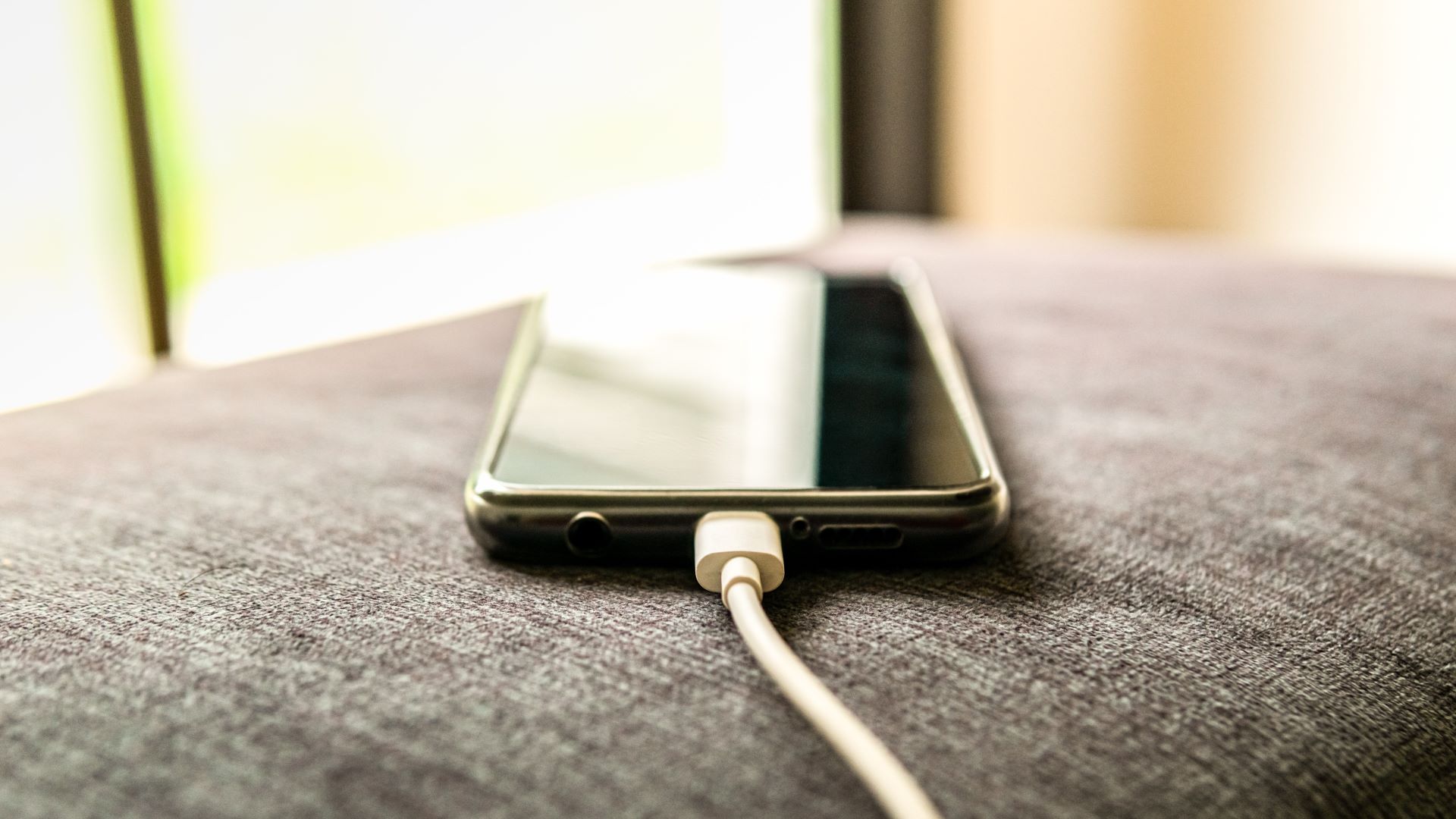
How to improve battery life when using a VPN
The vast majority of modern VPNs are pretty efficient and won’t have a huge impact on your battery life, especially if you’re not using your phone for too many high-powered internet activities, such as streaming content..
However, it’s important to note that some VPNs send out ‘heartbeats’ every 30 seconds or so to check that the VPN is still connected. As this may be faster than a phone’s sleep cycle (dependent on its make, model and settings), it can prevent your phone from ever going to sleep, meaning your device is not being rested at all. A sure sign of this is your device physically heating due to the power being used.
Dr. Peter Membrey explains this further: "Apps on phones in general are very chatty, so you might not even go 10-20 minutes without something using the network and waking the phone up - but better that it wakes up frequently than constantly. Waking up the phone is expensive in terms of battery life, so if the phone is woken up, it wont go back to sleep right away, because the chances are you will want to use the phone.
"This means it will be awake for maybe 10-30 seconds. If the VPN heartbeats happen more frequently than the sleep cycle of the phone, it's possible the phone will barely ever sleep or in some cases, not be able to sleep at all. You can tell if your VPN does this by literally feeling your pocket - it actually heats up."
To avoid this problem, opt for a VPN that doesn’t use heartbeats, or gives you the option of switching the feature off. It’s also better to choose a VPN that’s been designed for mobile phone use, as it’s more likely to be kind on your battery.
Some of the top VPN providers, including NordVPN and Surfshark, have a pause button. This means you can temporarily turn off your VPN to buy you time before you get to a charger if you’re running out of juice. You can also reduce the level of encryption on some VPNs. Additionally, if you drop it from 256-bit to 128-bit encryption, it will require less power.
If you’re on your phone at home a lot and find your VPN is impacting your battery life, you could switch to using a VPN router instead of one on your device. Using one of the best router VPNs will protect all your devices connected to your Wi-Fi without using up any additional power on your phone, laptop, or tablet.
Get instant access to breaking news, the hottest reviews, great deals and helpful tips.

Catherine Hiley is an editor and reviewer, specializing in VPNs, cyber security, telecoms, and personal finance. She has been a regular contributor to Business Insider and CyberNews, where she has written in-depth VPN reviews, useful how-to guides, and explainers to help readers choose and get the most out of the best VPN providers, antivirus software, and password managers.
- Olivia PowellTech Software Commissioning Editor
